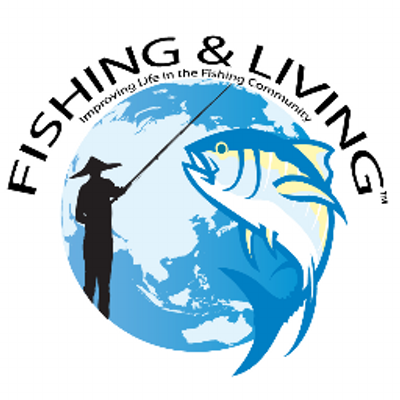May 2013
 According to Indonesian law, every fishing vessel which lands in a port or landing site should complete a logbook of its trip in order to record catches, fishing grounds and general fishing behavior. The law is currently concerned with large vessels of 30 GT and above, meaning that not a lot of emphasis is being placed on the smaller artisanal vessels such as the handline vessels which are the main focus of the Fishing & Living program. Hence, our team of field staff in one site in South Sulawesi have been concentrating on socializing the importance of this logbook to the handline fishers and teaching them how best to complete the logbook, as well as supporting them in certain aspects such as measuring the fish weight and species identification. All this is done in close contact with the local government office, and all logbooks collected will be submitted to the government office for inclusion in national stock and catch calculations.
According to Indonesian law, every fishing vessel which lands in a port or landing site should complete a logbook of its trip in order to record catches, fishing grounds and general fishing behavior. The law is currently concerned with large vessels of 30 GT and above, meaning that not a lot of emphasis is being placed on the smaller artisanal vessels such as the handline vessels which are the main focus of the Fishing & Living program. Hence, our team of field staff in one site in South Sulawesi have been concentrating on socializing the importance of this logbook to the handline fishers and teaching them how best to complete the logbook, as well as supporting them in certain aspects such as measuring the fish weight and species identification. All this is done in close contact with the local government office, and all logbooks collected will be submitted to the government office for inclusion in national stock and catch calculations.
The team in South Sulawesi have even come up with an innovative way to ensure the fish from different fishing grounds can be recorded separately by using different colored tags for the fish brought onboard by the fishermen while at sea.
Recent Posts
Helmets Distribution to Fishermen’s Children in Local Communities in Bali
We distributed helmets to all fishermen children in two local coastal communities in Bali. The main goal of this event […]
Read moreAnova FoodNominated for Award of Corporate Excellence (ACE) by Secretary Hillary Clinton
The Award for Corporate Excellence (ACE) is given annually by the U.S. State Department to American companies who exhibit good […]
Read moreSchool Children Awareness Programs in Awareness Lombok
June 2012 We hosted an event coinciding with World Ocean Day and Coral Triangle Day. The event was to raise […]
Read more